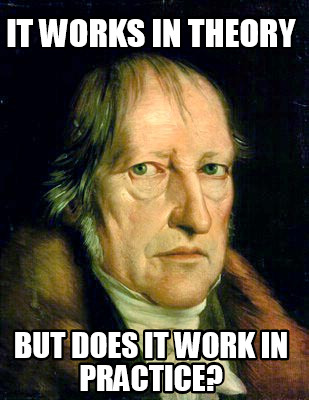My main issue with socionics is that it seems to view people as statical. I believe I'm not the person I was 5 years ago and I believe this applies to more people than not. A person does not end their growth when their reach adulthood, we grow, learn and develop until death. Our experiences shape us equally in childhood and adulthood. Perhaps a child's mind is more innocent and open, prone to suck the new information in like a sponge, and adult's mind is a little harder to change since we evaluate information with more past data, but we still do change. Even a weakness can become your strength if you work really hard on it. So that's why I wonder, what is the value of static personality theory?



 Reply With Quote
Reply With Quote
 猫が生き甲斐
猫が生き甲斐



